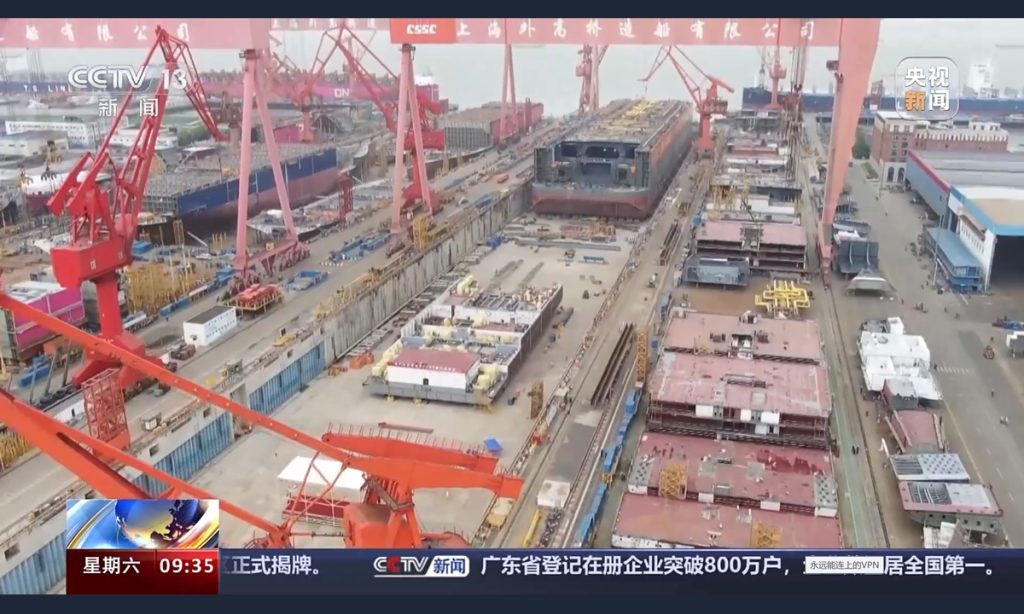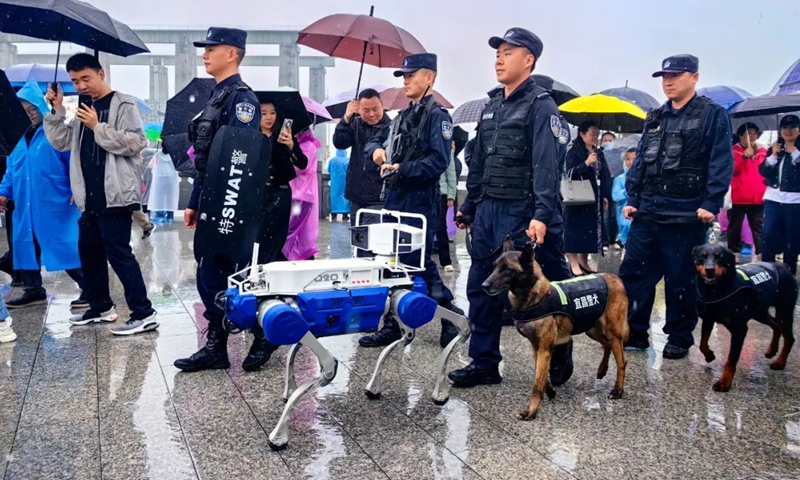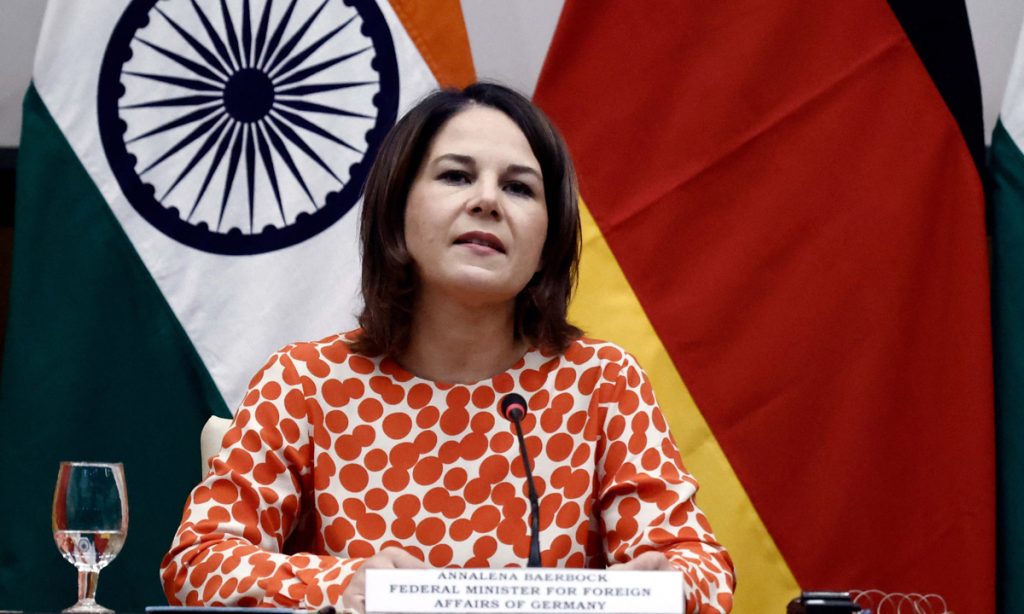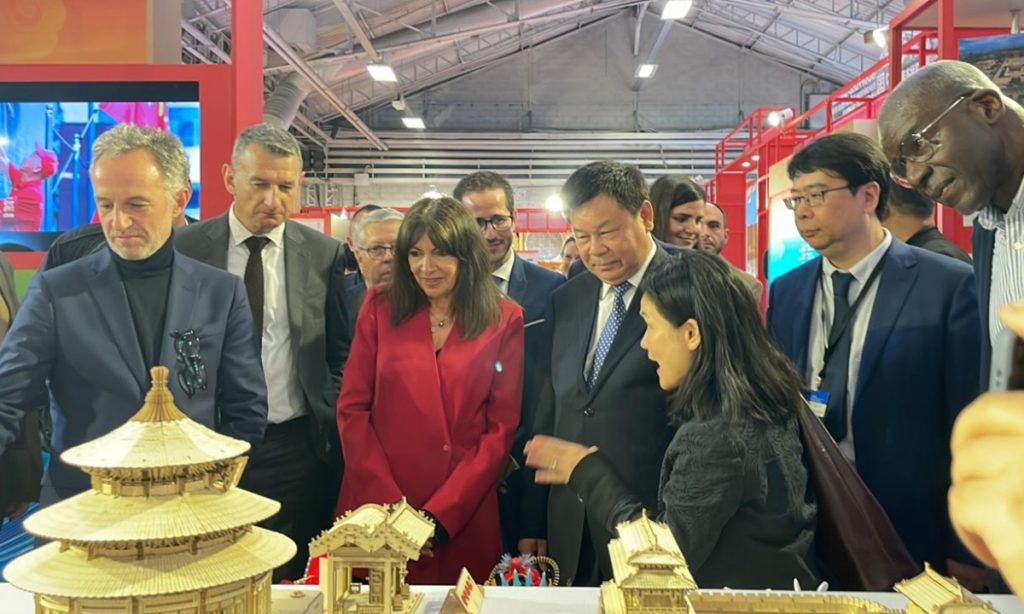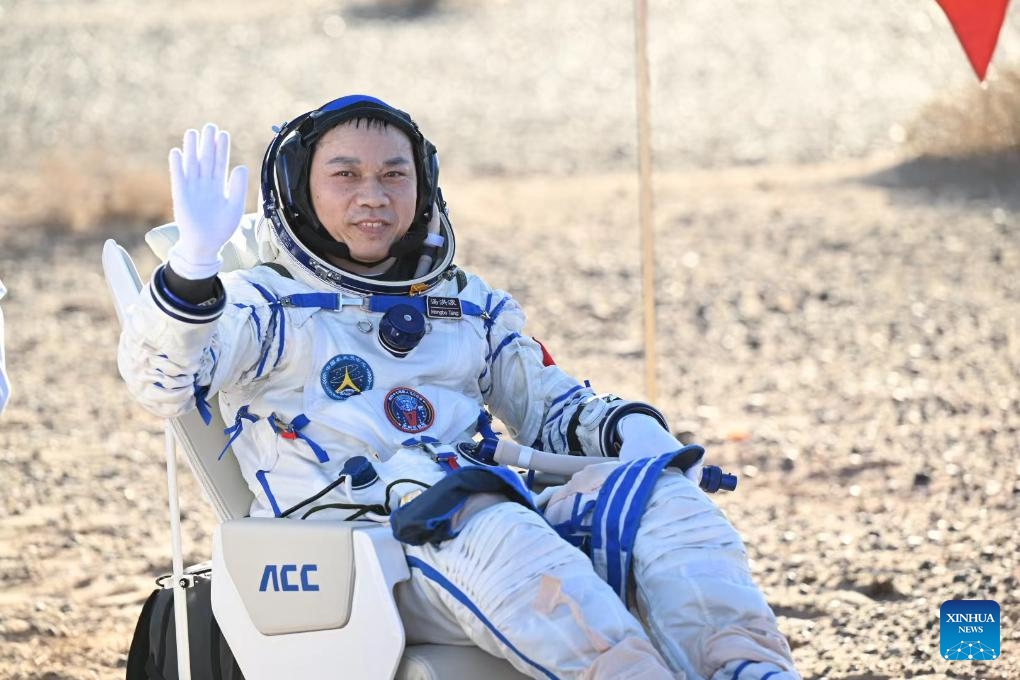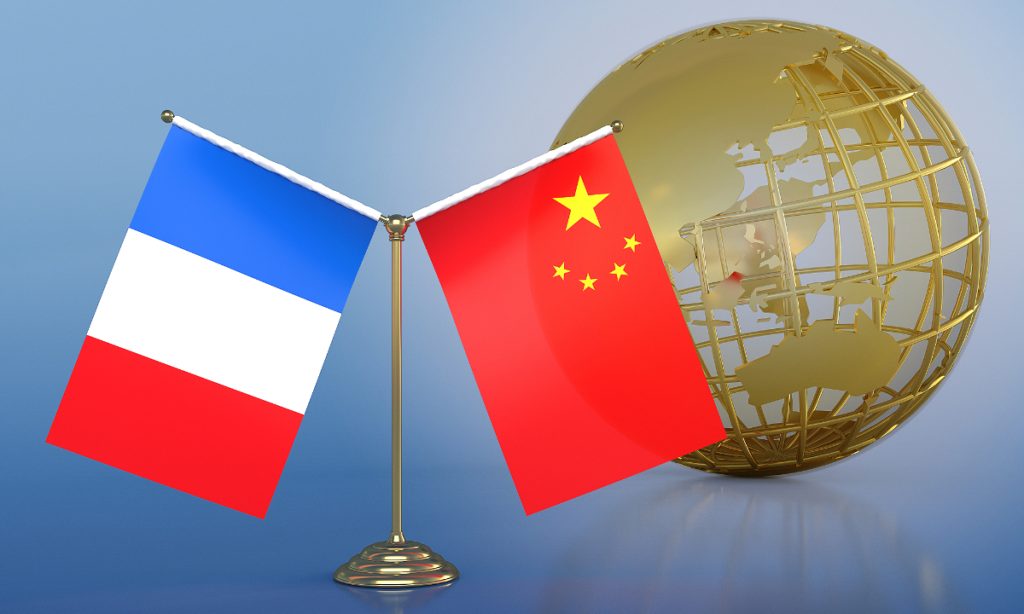China’s private Caixin services PMI reaches 52.2 in April, expanding for 16th consecutive month

The Caixin China General Services Purchasing Managers' Index (PMI) came in at 52.5 in April, expanding for the 16th consecutive month, according to data released by Caixin on Monday. Chinese observers said the figure reflected accelerated momentum in China's broad services activity.
The expansion was primarily reflected in the sustained growth of new orders, which rose at the fastest pace in nearly one year. Improvements in overseas markets and increased tourism activity led to the highest growth in new export orders in 10 months, marking the eighth consecutive month of expansion.
The index in April was slightly lower than the March reading of 52.7, but it remained in expansion territory, mirroring the sustained pickup in both the supply and demand sides in services.
The new orders index and new export orders index saw moderate increases in April, hitting their highest levels since June and July 2023.
"Improved demand drove a continuous increase in supply. Business activity and total new orders both grew for the 16th straight month, with the latter increasing at the fastest pace since May last year, indicating a solid resurgence in demand," Wang Zhe, a senior economist at Caixin Insight Group, said on Monday.
First-quarter economic conditions have exceeded market expectations, with consumption gradually picking up, signaling a positive start to the year.
Analysts expect the economy to ride on the momentum of the good start to the year, with more driving force from brisk services activity and consumption in the remaining months.
"The sustained expansion of the services PMI reflects the stability of China's economic development, symbolizing the leading role of the services sector in the country's economic recovery," Li Chang'an, a professor at the Academy of China Open Economy Studies of the University of International Business and Economics, told the Global Times on Monday.
This is a significant outcome of policies aimed at boosting domestic demand and stimulating consumption, and the expansion of the tertiary sector is likely to continue, said Li.
According to the Ministry of Culture and Tourism, during the five-day May Day holidays, 295 million domestic trips were made, a 7.6 percent year-on-year increase and a 28.2 percent gain compared with the 2019 figure. Total domestic tourist spending reached 166.89 trillion yuan ($23.13 billion), up 12.7 percent year-on-year and a 13.5 percent increase compared with 2019.
However, some economic pressure persists. According to data from Caixin, the services sector employment index remained in contraction territory for a third consecutive month.
"Despite optimistic macroeconomic data driven by policy efforts, the economic recovery will take time," Chen Fengying, an economist and former director of the Institute of World Economic Studies at the China Institutes of Contemporary International Relations, told the Global Times on Monday.
